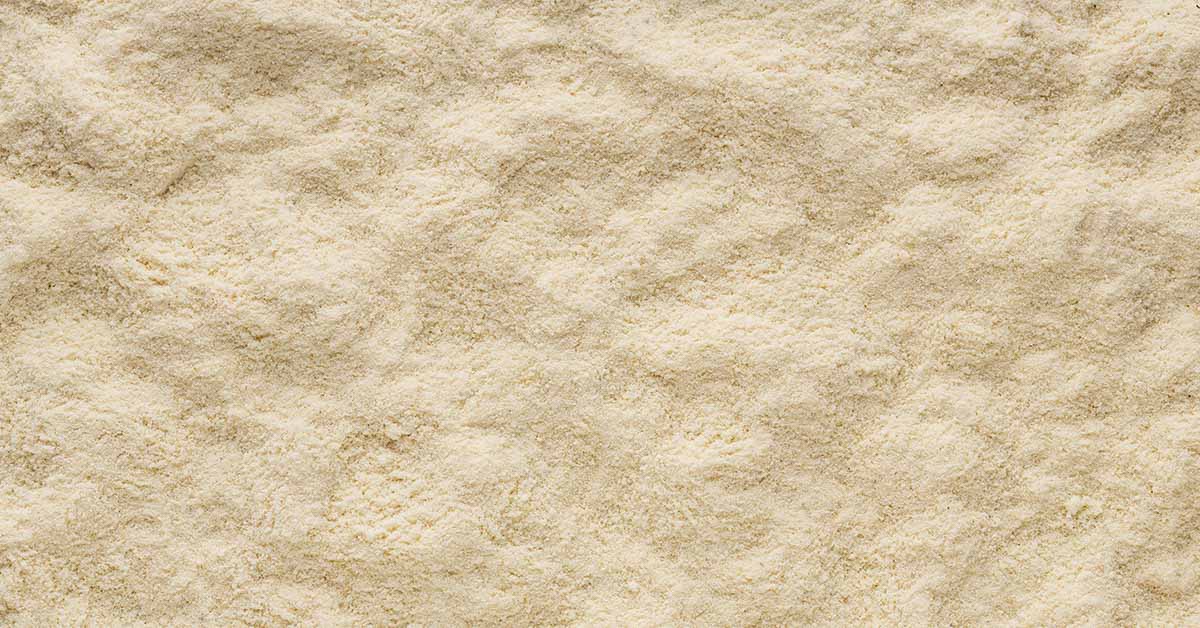Collagen and gelatin supplements have gained popularity as natural solutions for improving skin health, joint function, and overall wellness. These protein-rich supplements promise to combat signs of aging and help in other various ways. Collagen is the most abundant protein in the body and heating collagen will produce gelatin. While they share similarities in benefits, their uses and applications vary significantly and cannot be used interchangeably.
However, understanding their potential side effects, differences, and proper usage is important for choosing the right product. This comprehensive guide covers all aspects of collagen and gelatin supplements. It explains the benefits, risks and also helps you make informed decisions according to your needs.
Understanding Collagen and Gelatin
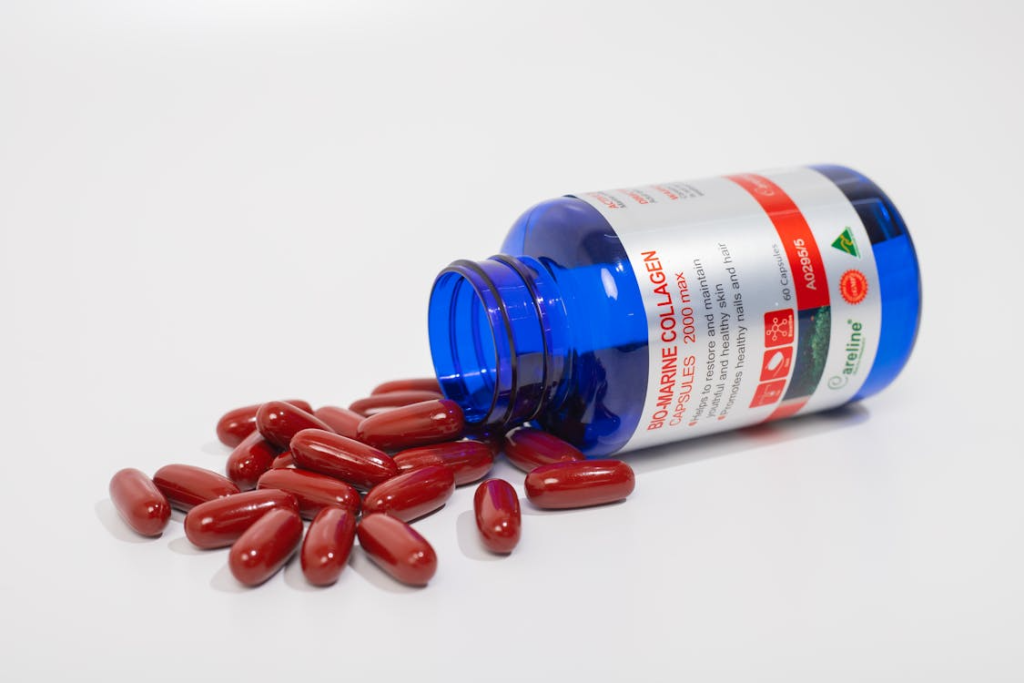
Collagen represents the most abundant protein in your body, accounting for approximately 30% of your total protein mass. This structural protein provides strength and support to your skin, bones, tendons, cartilage, and other connective tissues. Your body naturally produces 28 different types of collagen, with Type I being the most common at 90% of total collagen. Type I collagen primarily supports skin, tendons, bones, and other connective tissue structures.
Gelatin is the cooked form of collagen, created through breaking down animal bones, skin, and cartilage through heat to make gelatin. This process breaks down collagen’s complex triple-helix structure into smaller, more digestible components. Almost half of commercial gelatin comes from pig cartilage and skin, while cows provide the second-most common source. Marine-based gelatin has also gained popularity due to religious and cultural preferences.
While these proteins have nearly identical nutritional profiles, their fundamental difference lies in their molecular structure and processing methods. Collagen supplements undergo complete hydrolysis, creating tiny peptide chains that dissolve easily in both hot and cold water. Gelatin experiences only partial hydrolysis, resulting in larger molecules that form thick gels when cooled. While both are easy to digest, collagen’s structural properties and solubility affect its absorption rates.
Both supplements consist of almost 100% protein with similar amino acid compositions. Glycine represents the most abundant amino acid in both forms, followed by proline and hydroxyproline. These amino acids serve as building blocks for your body’s natural collagen production and tissue repair processes.
Collagen May Reduce Skin Aging

Clinical research of collagen has demonstrated many potential health benefits, particularly its anti-aging benefits. Its use in cosmetic and skin health are its most widely known and used application. Studies demonstrate a 28% improvement in skin moisture and 31% reduction in collagen fragmentation after 8-12 weeks of taking collagen in supplements. A 12-month animal study using fish-derived gelatin increased skin thickness by 18%. Collagen density improved by 22% during the same period.
Studies show that collagen may also help your skin by increasing levels of hyaluronic acid. This keeps skin hydrated and elastic. This boost in hyaluronic acid may also protect your skin from damage caused by UVB rays, helping to prevent dryness and wrinkles. Collagen also supports the production of proteins that keep your skin strong and resilient against environmental stress.
In a 6-month study of 105 women, researchers found that daily intake of 2.5 grams of collagen peptides translates to visible improvements in skin elasticity, hydration, and cellulite reduction. However, research on this effect is still ongoing.
Improving Joint Health

Collagen or gelatin supplements may help treat joint wear, reduce pain and improve mobility in individuals with osteoarthritis. A 70-day study found that 2 grams of gelatin daily significantly improved pain and physical activities compared to placebo groups. In a similar study, 94 athletes took 10 grams of collagen daily for 24 weeks. They showed significant improvements in joint pain, mobility, and reduced inflammation. Research also suggests that collagen improves joint health, reducing pain and stiffness by accumulating in cartilage after ingestion.
Bone health benefits of collagen can be achieved through supplementing with gelatin. Degraded collagen, such as gelatin, may increase bone mineral density and enhance bone formation while reducing bone degradation. These effects prove particularly valuable for aging individuals at risk of osteoporosis or fractures. Collagen supplementation may also support faster healing of bone injuries and improve overall bone stability.
Read More: Bone Broth: Nutrition, Health Benefits, And How To Make It
Other Potential Benefits of Collagen

A small study revealed increased muscle mass in men who took collagen peptide supplements combined with a 12-week resistance training program. The amino acids in collagen support muscle protein synthesis and may reduce exercise-induced muscle damage. Additionally, collagen supplementation appears to improve gut health by strengthening intestinal barrier function and reducing digestive inflammation.
Collagen is crucial for arterial health and strength. Collagen deficiencies can lead to weakened arteries and increased risk of heart attacks. In a small study involving healthy adults, collagen powder supplementation helped preserve their arteries and reduced the risk factors associated with atherosclerosis. This suggests that collagen supports heart health by keeping blood vessels strong and resilient.
Collagen Side Effects
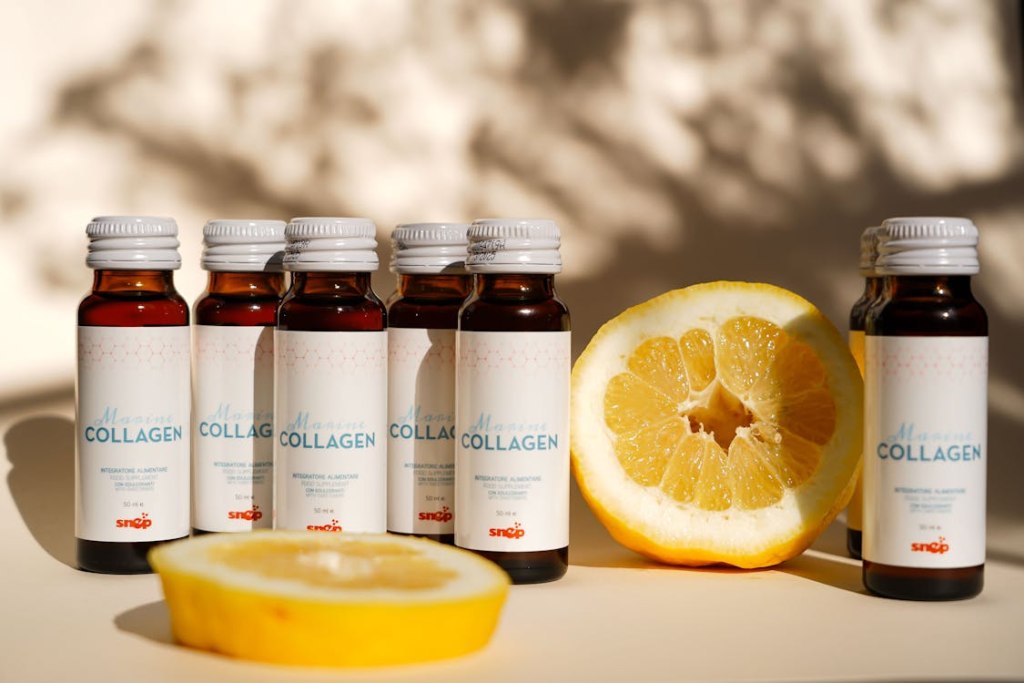
Collagen supplements are generally safe with minimal adverse effects reported in clinical studies. Most people tolerate collagen supplementation well, even at higher doses, because it represents a natural protein that your body recognizes and processes efficiently. However, some individuals may experience mild side effects, particularly when starting supplementation or consuming excessive amounts. Pregnant or breastfeeding people should avoid collagen supplements, as research on their safety and effectiveness for this group is inconclusive.
Digestive discomfort is the most commonly reported side effect of collagen supplementation. Some users experience bloating, stomach heaviness, or mild gastrointestinal issues when first introducing collagen supplements. These symptoms typically resolve as your digestive system adapts to the increased protein intake. Taking collagen with food that contains carbohydrates or reducing the initial dose can help minimize these effects.
Some people may develop allergic reactions to collagen supplements, particularly those with existing sensitivities to animal products. Symptoms can range from mild skin rashes to more severe reactions which may require medical attention. People with known allergies to beef, pork, fish, or chicken should exercise caution when selecting collagen sources and consult healthcare providers before starting supplementation.
High-dose collagen consumption may occasionally cause mouth and throat irritation, including sore throat, swollen gums, or mouth sores. These effects typically occur with doses exceeding 15 grams daily and resolve when reducing intake to recommended levels. Certain ingredients added to collagen supplements to bolster its benefits for skin, nail and hair health may pose a risk. Additional vitamins and herbs combined with collagen in supplements may cause adverse reactions in sensitive individuals.
Gelatin Side Effects

Degraded collagen or gelatin supplementation carries a similar safety profile to collagen but differs due to its composition. The most fundamental differences are gelatin’s gelling properties and solubility, only achieving partial hydrolysis in hot water. The most frequently reported gelatin side effects include digestive issues such as stomach heaviness, bloating, heartburn, and belching. These symptoms often relate to gelatin’s protein density and how your digestive system processes larger peptide chains.
Higher gelatin doses, particularly around 15 grams daily, may increase the risk of oral complications including sore throat, swollen gums, and mouth sores. These effects appear more common with gelatin than hydrolyzed collagen supplements, possibly due to gelatin’s larger molecular structure and gelling properties. Reducing dosage typically resolves these uncomfortable symptoms quickly.
Some studies suggest potential kidney function concerns with gelatin supplementation, particularly in individuals with pre-existing kidney conditions. Research has observed higher incidences of acute kidney injury in patients receiving gelatin-based medical solutions, especially during surgical procedures or sepsis treatment. People with kidney disease should consult healthcare providers before using gelatin supplements.
Gelatin may also affect cholesterol levels, potentially reducing total serum cholesterol while, at the same time, decreasing “good” HDL cholesterol. This change could create an imbalance in cholesterol ratio that contributes to atherosclerosis development. Due to gelatin’s volume-expanding properties may increase blood pressure in susceptible individuals, making it risky for those with hypertension.
Is It Safe to Take Collagen Every Day?

Daily collagen supplementation appears safe for most healthy adults when consumed within recommended dosage ranges. Research studies have demonstrated no significant adverse effects with daily collagen intake ranging from 2.5 to 15 grams over extended periods. Your body processes excess collagen by breaking it down into amino acids for other protein synthesis needs, making overdose unlikely.
The correct daily collagen intake ranges between 5-10 grams for average adults. Adjustments to collagen intake can be made based on individual factors like age, activity level, and health goals. Athletes or individuals recovering from injuries may benefit from slightly higher doses for joint wear. Older adults might require extra intake of collagen to compensate for decreased natural production of collagen as you age. Starting with lower doses allows your digestive system to adapt gradually and can prevent mild side effects.
Long-term daily collagen supplementation has shown long standing benefits for skin health, joint function, and bone density in clinical trials. Studies spanning 6-12 months demonstrate continued improvements in skin elasticity, hydration, and wrinkle reduction with consistent daily use in individuals. Joint pain relief and improved mobility also appear to be maintained with ongoing supplementation.
However, pregnancy and breastfeeding represent periods when collagen supplement safety remains unclear due to limited research. Healthcare providers typically recommend avoiding supplements during these times unless specifically prescribed. Additionally, individuals taking medications or managing chronic health conditions should consult medical professionals before beginning daily collagen regimens.
Collagen vs Gelatin: Making the Right Choice

The choice between collagen and gelatin supplements depends primarily on your intended use and absorption preferences. Collagen peptides offer better bioavailability as they are soluble in both hot and cold water, making them ideal for therapeutic applications. These applications target skin, joints, and bones. These smaller peptides dissolve completely in both hot and cold liquids without altering texture or consistency.
Gelatin provides excellent gut health because the peptides its contains help to nourish the gut lining. This makes gelatin particularly valuable for individuals seeking to improve intestinal barrier function or manage digestive issues. However, gelatin’s gelling properties limit its versatility in beverages and require dissolving in hot liquid before being readily available for consumption.
From a nutritional standpoint, both supplements provide virtually identical amino acid profiles and protein content. The primary difference lies in absorption efficiency and practical applications. Collagen peptides work seamlessly into daily routines through coffee, smoothies, or cold beverages. Gelatin works better in cooking applications such as jellies or gelatin desserts or warm preparations.
Cost considerations may also influence your decision, as gelatin typically costs less than standard collagen supplements. However, the better absorption and convenience of collagen peptides often justify the price difference for most users. Consider your lifestyle, budget, and primary health goals when making this choice.
How Much Collagen Is Too Much?

Determining excessive collagen intake involves understanding your body’s processing capacity and recognizing signs of overconsumption. Research suggests that 10-12 grams daily is the best dose for maximum benefits without overloading your digestive system. Consuming more than the recommended amount does not necessarily increase the benefits and may lead to unnecessary side effects.
Your body can only utilize a finite amount of collagen for tissue repair and synthesis at any given time. Excess collagen gets broken down into amino acids and either used for other protein needs or excreted out the body through your metabolic processes. This means consuming 20-30 grams daily provides no more additional benefits compared to the recommended 10-12 gram range.
Signs of excessive collagen intake include persistent digestive discomfort, bloating, nausea, or changes in bowel movements. Some individuals may experience fatigue or headaches when consuming very high doses, though these symptoms are relatively rare. Reducing intake to recommended levels typically resolves these issues within a few days.
Individual tolerance varies based on factors like body weight, digestive health, and overall protein intake from other sources. People consuming high-protein diets may need to adjust their collagen intake accordingly to avoid excessive total protein consumption. Adding carbohydrate-rich foods alongside collagen supplementation may aid in the digestion and absorption of proteins. The carbohydrates act as a buffer for stomach acids when digesting proteins such as collagen. Monitoring your body’s response and adjusting dosage ensures you reap the benefits while minimizing any potential side effects.
Read More: 9 Benefits of Shilajit for Men and Women
Best Type of Collagen to Take

Selecting the right type of collagen supplement for you requires understanding different types and their specific benefits. Type I collagen, representing 90% of your body’s collagen, provides the most comprehensive benefits for skin, hair, nails, bones, and connective tissues. Most high-quality supplements feature Type I collagen as their primary component, making them suitable for general health and anti-aging purposes.
Marine collagen, derived from fish skin and scales, offers better bioavailability compared to bovine or porcine sources of collagen. The smaller molecular structure of marine collagen allows for better absorption and use by your body. Marine collagen carries a lower risk of contamination. It also appeals to individuals with dietary preferences or religious views regarding land animals.
Multi-collagen supplements containing Types I, II, III, V, and X provide comprehensive support for various body systems. Type II collagen specifically benefits joint health and cartilage function, while Type III supports muscle, organ, and blood vessel structure. These combination formulas offer broader therapeutic potential but may cost more than single-type supplements.
Collagen peptides are the gold standard in supplements for collagen intake due to its bioavailability and complete processing. Look for supplements that specify “hydrolyzed” or “peptides” on their labels, as these forms provide better absorption in the body compared to non-hydrolyzed alternatives. Third-party testing and quality certifications ensure purity and potency in your chosen supplement.
Potential Risks
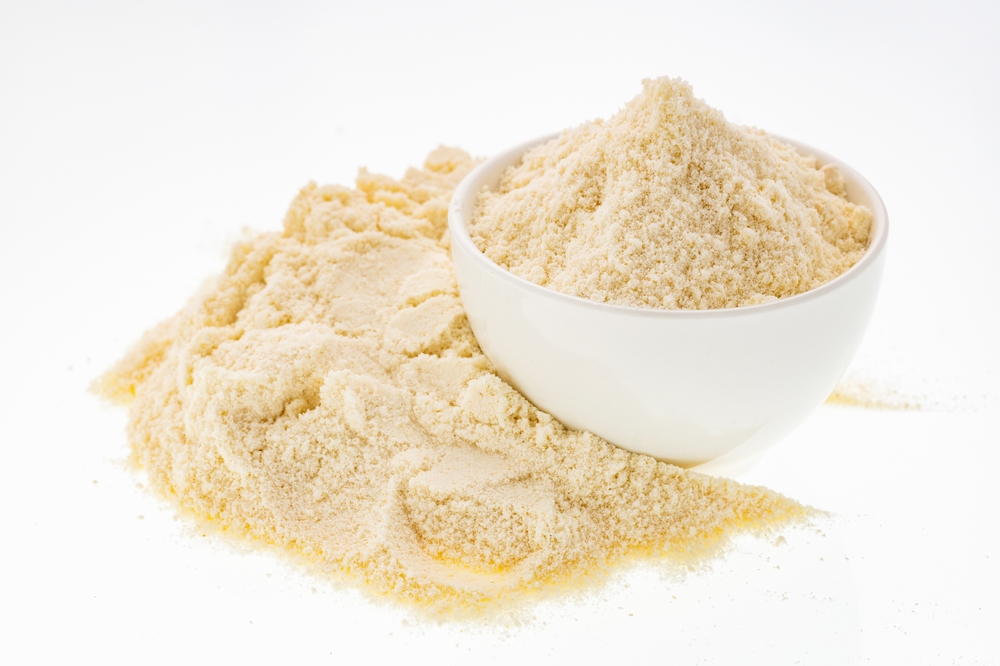
Collagen supplements are generally safe with minimal to no adverse side effects reported. However, certain individuals should exercise caution or avoid collagen completely. People with severe kidney disease may face increased risks due to the high protein content and potential strain on kidney function. Those with existing kidney conditions should consult nephrologists before beginning collagen supplementation.
Individuals with autoimmune conditions may experience unpredictable responses to collagen supplements. Some autoimmune diseases involve immune system reactions against the body’s own collagen, potentially making collagen supplements problematic. Rheumatoid arthritis patients showed mixed results in clinical trials, with some experiencing benefits while others showed no improvement.
Allergic reactions can occur for individuals with known sensitivities to specific animal proteins. Marine collagen may cause reactions in people with fish allergies, while bovine collagen could affect those sensitive to beef products. Always check supplement sources and consider allergy testing if you have multiple food sensitivities.
Medication interactions, while rare, can occur with certain collagen supplements containing additional ingredients. Supplements with high biotin content or additional herbs may interfere with heart and thyroid function. Blood thinning medications may interact with some collagen formulations. If you are taking any medications, always consult a healthcare professional before starting on collagen supplementation.
Read More: 7 Signs You May Have Collagen Deficiency
Choosing Quality Supplements and Safe Usage

Selecting high-quality collagen supplements requires careful evaluation of manufacturing standards, ingredient purity, and third-party testing. Look for products certified by organizations like NSF International, USP, or ConsumerLab, which verify ingredient accuracy and purity. These certifications help ensure your supplement contains the stated amounts of collagen without harmful contaminants.
Source transparency represents another crucial factor in supplement selection. Reputable manufacturers clearly identify their collagen sources, whether marine, bovine, or porcine, and provide information about animal welfare and processing methods. Grass-fed, pasture-raised sources typically offer superior quality and lower contamination risks compared to conventional alternatives.
Avoid supplements with unnecessary additives, artificial colors, flavors, or excessive amounts of vitamins that could cause interactions or side effects. Simple formulations with minimal ingredients reduce the risk of adverse reactions and allow you to better assess collagen’s specific effects. Read labels carefully and research any unfamiliar ingredients before purchasing.
Start with lower doses when beginning collagen supplementation to assess your individual tolerance and response. Begin with 5 grams daily for the first week, then gradually increase to your target dose if no adverse effects occur. This approach allows your digestive system to adapt while minimizing potential side effects. Consistency matters more than high doses, so establish a sustainable daily routine that fits your lifestyle and preferences.
Preserving Your Native Collagen

Collagen forms the backbone of skin, tendons, bones, and cartilage. This structural protein supports tissues and manages cellular repair processes. Your body creates collagen naturally, but production declines with age and stress. Supplements help postmenopausal adults boost bone mineral density when levels drop. Research confirms collagen peptides improve BMD in those with baseline deficiencies. However, supplements work best alongside proper nutrition and exercise, not as replacements.
Whole foods provide essential amino acids for natural collagen production at lower costs. Lean meats, eggs, legumes, and dairy supply building blocks for synthesis. Vitamin C from citrus and berries drives crucial formation steps. Vitamin D and zinc strengthen bone remodeling processes. Weight-bearing exercise activates bone-building cells. These simple strategies protect collagen structure and prevent bone weakness over time.
Smart lifestyle choices slow natural collagen loss effectively. Quality sleep, reduced sugar intake, moderate alcohol, and smoking cessation prevent collagen breakdown. These habits limit glycation damage that destroys collagen fibers. Proper hydration maintains skin elasticity while stress management controls harmful hormones. Starting these practices early builds lasting protection for connective tissues throughout aging.
Conclusion
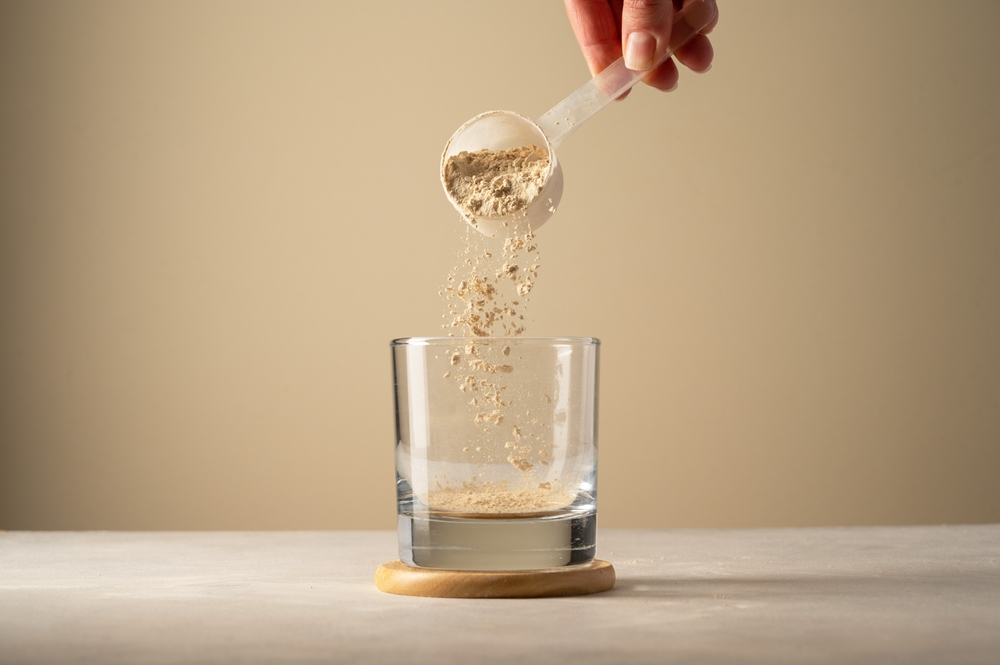
Collagen and gelatin supplements have surged in popularity in modern wellness circles, offering tangible benefits for skin, joints, and overall health. Their shared amino acid profiles make them both adept in supporting connective tissue strength and repair. However, their differences shape how you use them in daily routines. Collagen peptides dissolve in both cold and hot liquids, while gelatin is used in culinary dishes for its gelling properties.
Most individuals who experience any side effects from collagen usually exhibit mild symptoms. These may include a feeling of stomach heaviness, minor digestive discomfort, or infrequent skin rashes. Allergic reactions are rare but possible, especially in people with sensitivities to animal-derived ingredients. Overconsumption can trigger bloating or an upset stomach, but your body typically breaks down and uses excess collagen without harm.
Choosing the right supplement means weighing benefits against potential side effects and aligning your choice with your health goals. With careful selection and mindful dosing, both collagen and gelatin can be safe, effective tools for supporting your body’s resilience and longevity.
Disclaimer: This information is not intended to be a substitute for professional medical advice, diagnosis or treatment and is for information only. Always seek the advice of your physician or another qualified health provider with any questions about your medical condition and/or current medication. Do not disregard professional medical advice or delay seeking advice or treatment because of something you have read here.
Read More: 12 Best Foods To Help Boost Collagen
